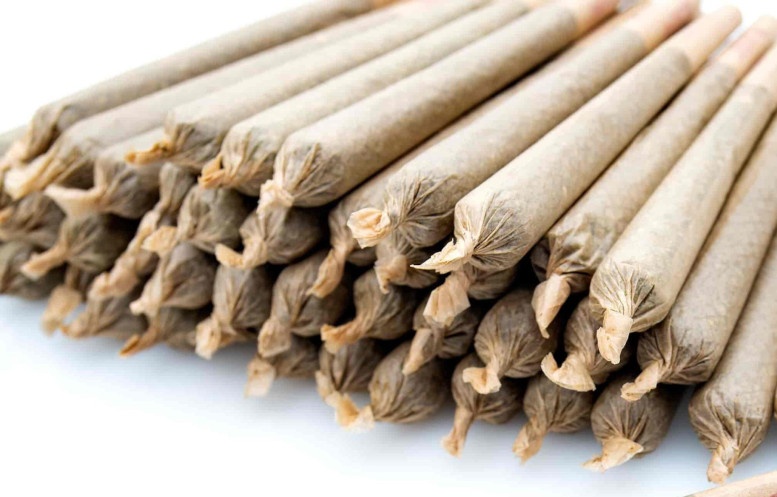The authors of a report on delta-8 THC in the U.S. say the nascent hemp sub-sector is populated by inexperienced producers that are misleading consumers with inaccurate labeling.
The research, by Tel-Aviv-based Leafreport, a CBD reviewer, is based on testing by Canalysis Laboratories, Las Vegas. The study raised several issues regarding products from delta-8, a compound derived from hemp-based CBD that has operated in a legal gray area.
Leafreport is advising consumers to avoid the compound after lab testing found that roughly two-thirds of 38 products analyzed contained levels of delta-8 different from that claimed on product packaging and in marketing materials.
Out for ‘quick buck’
“Overall, our investigation confirmed that Delta-8 products are mostly offered by inexperienced companies looking to make a quick buck,” Leafreport said in the conclusion to the study.
“We expected delta-8 products to be less accurate than their CBD counterparts because they’re in a legal gray area,” Leafreport said. “Companies offering delta-8 have less experience than regular CBD brands and are more likely to cut corners.”
Canalysis tests also showed that more than half the delta-8 THC products sampled contained delta-9 THC levels above the federal limit of 0.3%. Delta-9 THC, the more common form of THC present in marijuana, is a byproduct of the process of turning CBD into delta-8 THC. Making delta-8 THC from CBD produces a sizable amount of delta-9 THC, Leafreport noted.
The delta-8 argument
Proponents have argued that delta-8 is legal under hemp provisions in the 2018 Farm Bill, which legalized hemp extracts such as CBD, and other hemp products.
Critics say many of the isomers formed during the creation of delta-8 THC are not naturally occurring, and that the compound is not derived through a natural process, raising both legal and consumer safety issues. Many U.S. states have already moved to ban delta-8 products.
Leafreport said delta-8 THC gummies and pre-rolled smokable products tested were most likely to have inaccurate delta-8 levels on packaging, while tinctures and vapes better matched marketing descriptions. Such liquid products are easier to formulate, meaning they are more likely to hit target delta-8 THC content levels, Leafreport observed.
Advice to consumers
The authors said consumers still wishing to use delta-8 THC products should seek out those from reliable, well-established CBD brands that make available third-party analysis of their products.
Leafreport, which bases its reviews and studies on advice from medical doctors, clinical consultants, chemists, nutritional and natural health experts, said its goals are consumer safety and overall transparency in the CBD sector.
In other findings from the Leafreport study:
- Only 12 of the 38 delta-8 THC products reviewed contained amounts of delta-8 THC that were within 10% of what was advertised on the label. Ten percent is the standard buffer zone used by the industry to evaluate the labeling accuracy of herbal products.
- Thirteen products did not clearly list the delta-8 THC content either on packaging or in online product descriptions.
- Two products did not have any labeled cannabinoid content or available test results for comparison.
Roughly half of the 38 brands tested by Leafreport are named in the full study; names of the remaining brands are obscured.

